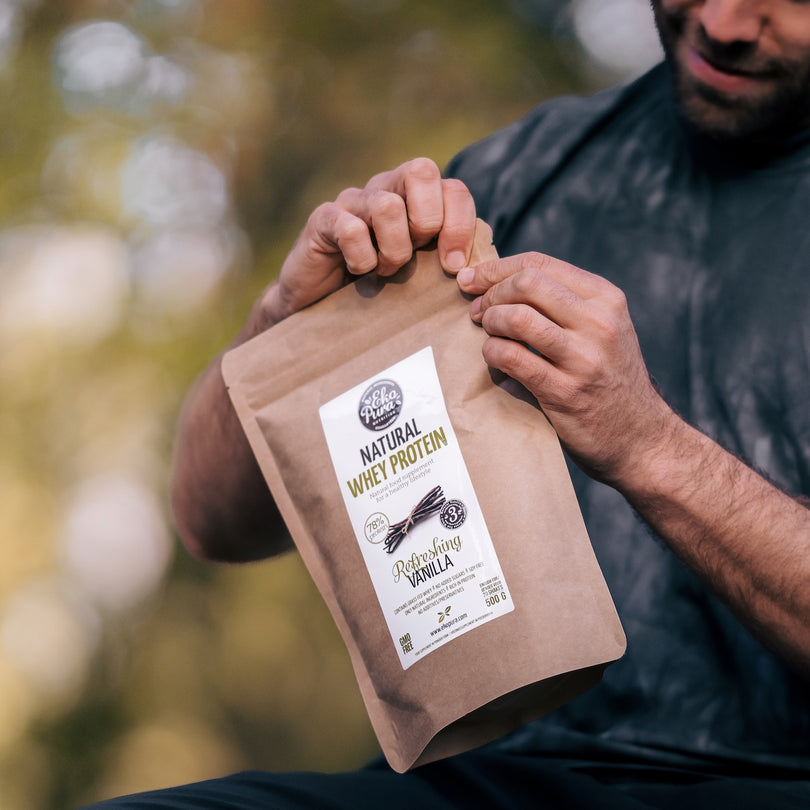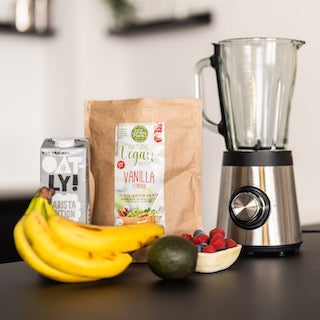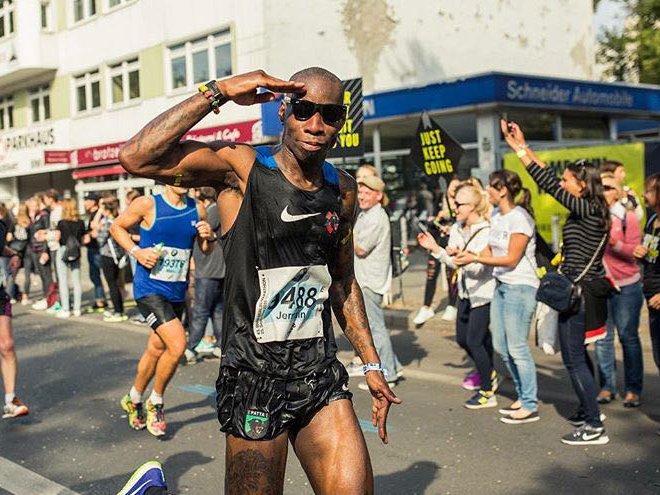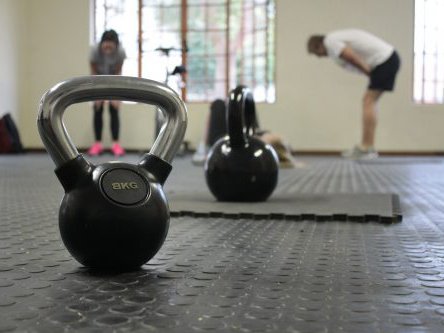Last month we started our Road to Marathon series with Jermain Breidel. Today part 2 in which we go a little deeper into training methods and we will talk about setbacks.
Running is popular and there are many who have running a marathon on their bucket list. But how do you make sure you are prepared? What is the ideal way to prepare for a marathon? Of course there are different preparation methods but we will highlight one in the coming time.
ROAD TO MARATHON!
On September 16, the 45th Berlin Marathon will take place. Jermain Breidel, Patta Running coach and Running trainer at Vondelgym will be participating in this and we are following him in his preparations. He has his sights set on a time under 3 hours. But how does he make sure he is totally ready for it on Sept. 16, and how does he train for this marathon? We will be following him in the near future and he will tell you all about it.
Setback
Since the previous article, I have had a major setback which caused me to train less because I felt physically and especially mentally unwell. I was confronted with the sudden death of a good friend and needed time to deal with it, which resulted in little to no running training. I will never really get over it but I am trying to find a place for it and get back to my life. That includes running. Setbacks are part of life, the beautiful memories will remain.
Interval training
In the previous article I told you what my training looks like. At that time I was doing a combination of interval training, endurance running, slow endurance running and strength training, 6 days a week. Today I want to go a little deeper into the interval workouts because in my opinion they are essential in preparation for a marathon.
The interval workouts allow you to create tempo toughness so that you can hold a slower pace longer. Because you build up the strength to run fast and hard, you will find it easier to hold a slower pace over a long distance. You then spread out the built-up strength, so to speak.
What I do during interval training is to run 1000 meters at full power, at a pace of 3:30 minutes per km, 17.1 km per hour. Then I take a 2-minute rest of which I walk the first minute and dribble the second minute (running slightly faster than walking).
Currently I am trying to repeat this process of running and resting about 10 times which should eventually allow me to run the marathon at 13.5 to 14km per hour. Of course, I will continue to do endurance running and strength training alongside this.
Fartlek training
Starting this week, I have also incorporated fartlek training into my schedule. Fartlek stands for making tempo differences in an endurance run. What I do in this case is a 10-minute warm up and some stretches. Then I immediately start running at a speed of about 15.6km per hour go (3:50 minute/km) this I hold for 2 minutes. Then I walk 2km at a pace of 13km per hour (4:36 minute/km). I repeat this about 10 to 15 times depending on my other workouts that week. If you repeat this process 15 times you have run about 16km in a time of about 70 minutes.
You try to keep up the pace changes throughout the run. It improves your ability to recover while running and also improves your overall running fitness. A nice touch is that it adds a playful element to training where you can set certain goals during your run. For example, maintain high speed until the next overpass or stay ahead of that fast runner who just overtook you :)
Schedule
Currently, my schedule looks like this:
- Monday: interval training
- Tuesday: slow endurance run, 20km at a pace of 5:10 minutes/km
- Wednesday: endurance run, 20km at a pace of 4:40 minutes/km
- Thursday: interval training
- Friday: fartlek training, 20km at varying speeds
- Saturday: strength training + endurance run 20km at a pace of 5:10 minutes/km
- Sunday: rest day
Next time I will go a little deeper into the endurance run and strength training. In addition, we will be pretty close to the Berlin Marathon by then so I will also give an update on my fitness and feeling for the race. If you have any questions or comments, feel free to post them below!
Also read:
- ROAD TO MARATHON! SETBACK, INTERVAL AND FARTLEK
- THE 10 PERCENT RULE IN RUNNING
- THE IDEAL STRIDE FREQUENCY IN RUNNING!
- PROTEINS AND ENDURANCE SPORTS, DO THEY GO TOGETHER? YES!
Also check out our blog for more interesting training related articles.

















